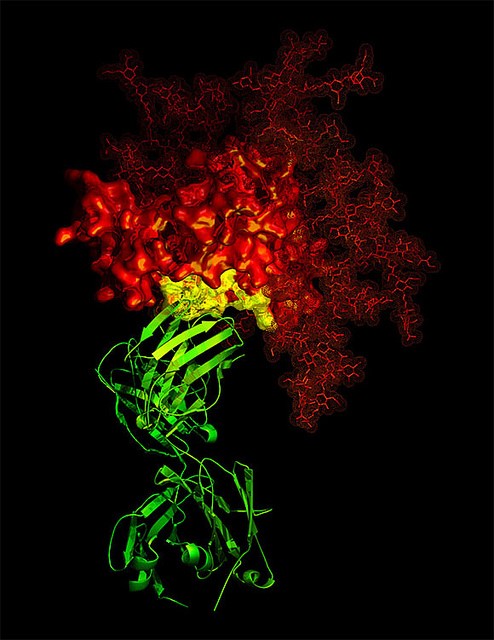The use of peptides for the generation of antibodies against specific peptides has become an essential tool in proteomic research. However, while they are designed to be good epitopes by themselves, these immunogenic peptides or haptens are too small (size ranges from 1000-2000 Daltons) to elicit a strong antibody response, even when emulsified in an appropriate adjuvant.
Selecting Protein Assays? These Are the Top Factors That Can Impact Accuracy
The ability to accurately quantify protein concentration is the key to a successful laboratory workflow, and is often required prior to processing protein samples for isolation, separation, and analysis. To determine the total protein concentration in a sample, one of the first factors to consider is the selection of an appropriate protein assay method. However, since there are a wide variety of protein assays available, you need to take a number of factors (e.g. the accuracy required and the amount and purity of the protein available) into account to make sure that you are using the most suitable assay for your application.
Topics: Protein Estimation, Protein Detection
Why is Trypsin the Preferred Choice for Peptide Generation?
The serine protease trypsin (Tn) is commonly used in most proteomics experiments to digest proteins into peptides which can be analyzed by matrix-assisted laser desorption ionization mass spectrometry (MALDI-MS) or liquid chromatography-tandem mass spectrometry (LC-MS/MS).
When you lyse cells, either through physical disruption or by adding detergents, you also release a variety of other proteins (proteases) that are potentially harmful to your target protein. These proteases can cleave the peptide bonds between the amino acids of polypeptide chains and leave you with multiple short peptide fragments. When this happens, you will end up getting erroneous results from your experiments (western blotting, reporter gene analysis, protein interaction or activity assays).
Topics: Protease Inhibitors







